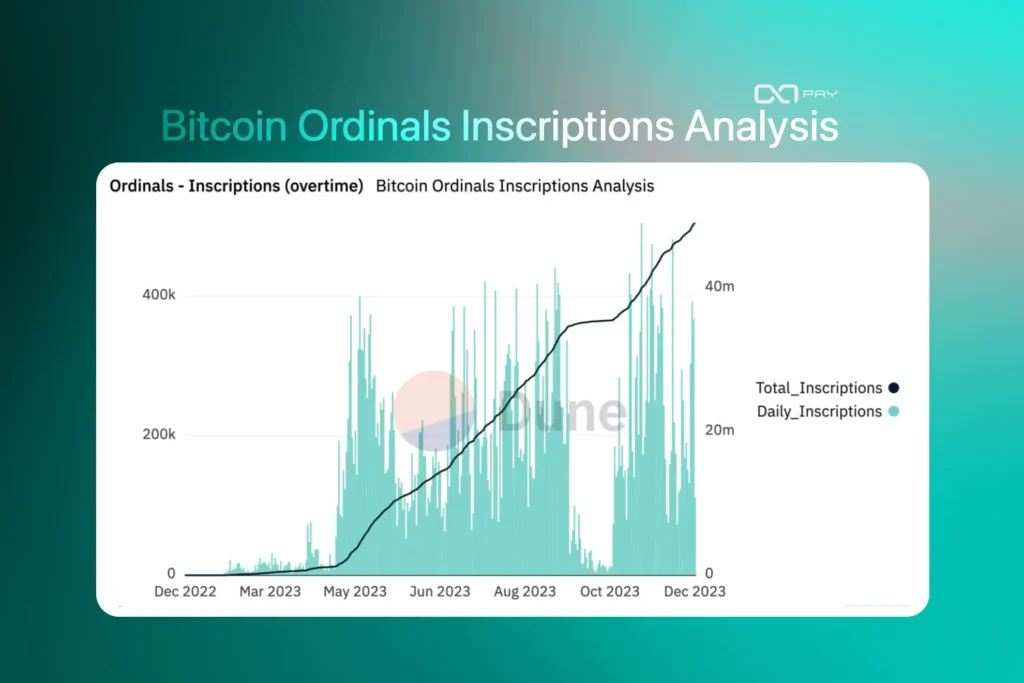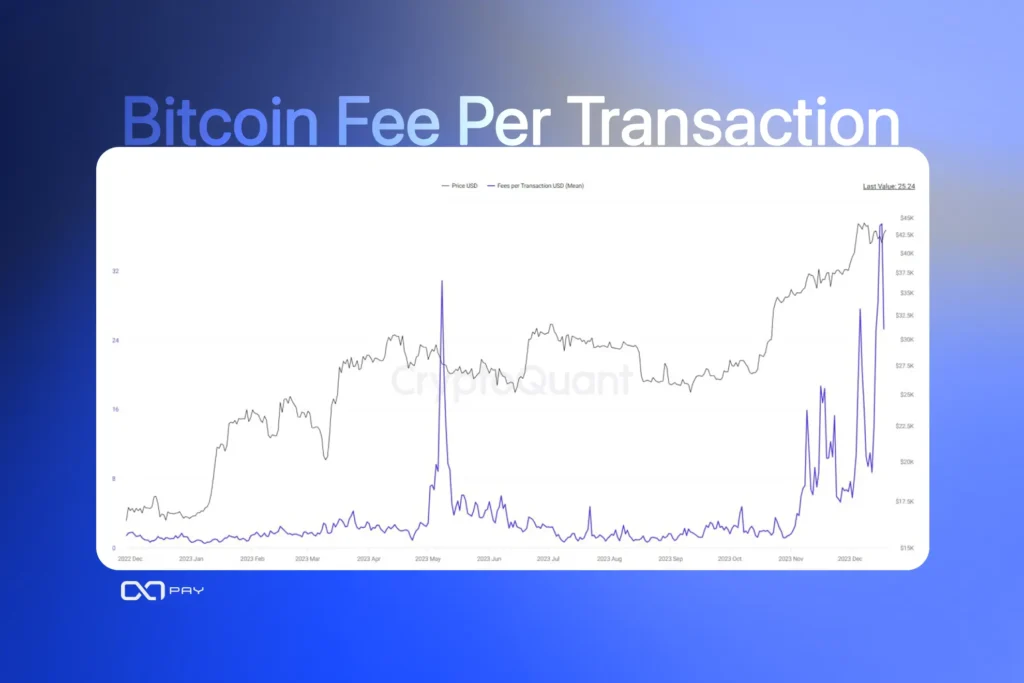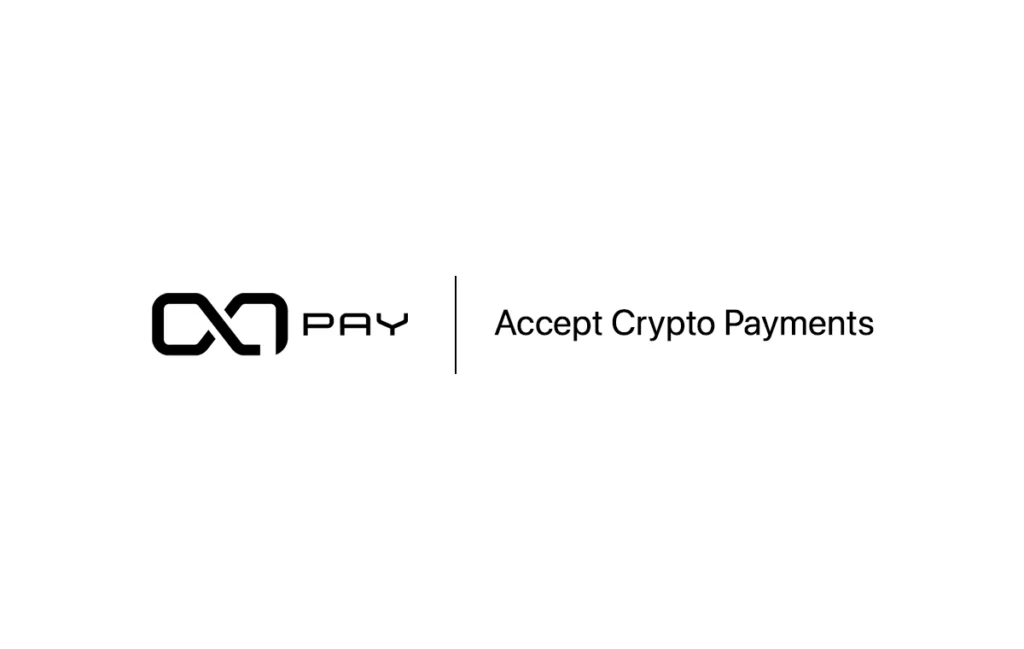The introduction of the Ordinals protocol has brought a significant shift in the Bitcoin network, enabling the inclusion of complex data like images and texts. However, this innovation comes with challenges, notably increased network congestion and higher transaction fees. This article examines the effects of the Ordinals protocol on Bitcoin payments, its impact on businesses, and potential solutions to mitigate the rising costs.
The Ordinals Protocol in the Bitcoin Network
The Ordinals protocol in the Bitcoin network represents a significant shift in how the blockchain is used. This protocol allows for the inscription of complex data, such as images and texts, directly onto the Bitcoin blockchain. Each of these inscriptions, known as an Ordinal, occupies space within a Bitcoin transaction. This innovation has brought about a new way to utilize the blockchain, extending its use beyond just financial transactions. However, the increased data load from these inscriptions has led to more significant congestion in the network, resulting in higher transaction fees. This shift challenges the conventional use of Bitcoin and impacts its efficiency as a transactional currency.

Challenges of the Ordinals Protocol
The challenges of the Ordinals protocol in the Bitcoin network are primarily related to its impact on network efficiency and cost. The protocol’s ability to inscribe large amounts of data onto the blockchain leads to increased block size, which in turn causes network congestion. This congestion slows down transaction processing times and, as a result, drives up transaction fees. For businesses and individuals relying on Bitcoin for quick and cost-effective transactions, these changes pose significant hurdles. They face longer wait times for transaction confirmations and increased costs, impacting the overall usability and appeal of Bitcoin for everyday transactions.
Impact of Ordinals Protocol on Bitcoin Payments
The introduction of the Ordinals protocol into the Bitcoin network has significantly impacted Bitcoin payments. This protocol, which allows for the embedding of large and complex data onto the blockchain, has led to increased network congestion. Consequently, this congestion has resulted in slower transaction processing times and higher transaction fees. For businesses and individuals who rely on Bitcoin for its traditionally low-cost and efficient transactions, these changes pose notable challenges. Higher fees and slower processing directly affect the cost-effectiveness and practicality of using Bitcoin for daily financial transactions.

Business Concerns with Rising Bitcoin Fees
Businesses are increasingly concerned about the rising Bitcoin fees due to the Ordinals protocol. Higher fees mean increased operational costs for transactions on the Bitcoin network. This impacts the affordability and attractiveness of Bitcoin for both small and large businesses. Smaller businesses, in particular, may find these costs prohibitive, affecting their competitiveness and ability to offer Bitcoin as a payment option. For companies relying on the low transaction costs of Bitcoin, these changes necessitate a reevaluation of their payment strategies and could lead to a shift towards alternative cryptocurrencies or payment methods.
Solutions for Businesses When Bitcoin Fees Increase
As Bitcoin transaction fees rise, businesses face the challenge of maintaining cost-effective payment methods. One practical solution is diversifying their cryptocurrency options. By incorporating cryptocurrencies like Litecoin or Bitcoin Cash, businesses can offer their customers alternatives that boast lower transaction fees and faster processing times. This not only helps in reducing operational costs but also enhances customer satisfaction by providing more payment choices.
Additionally, educating customers about these alternative cryptocurrencies is crucial. Informing them about the benefits and functionalities of each option ensures a smoother transition and adoption. Businesses can use marketing materials, social media, and in-store education to communicate these changes effectively. This proactive approach helps maintain a competitive edge and adaptability in a rapidly evolving digital payment landscape.

OxaPay’s Role in Supporting Businesses
OxaPay’s role in supporting businesses, particularly amidst the challenges posed by rising Bitcoin fees, is multifaceted. It includes providing comprehensive information and training to businesses about the evolving cryptocurrency market. OxaPay also develops and implements innovative solutions tailored to individual business needs, enabling them to adapt to new payment methods and technologies. This ensures that businesses can efficiently manage their transactions and maintain competitiveness in a market impacted by changing cryptocurrency dynamics.







